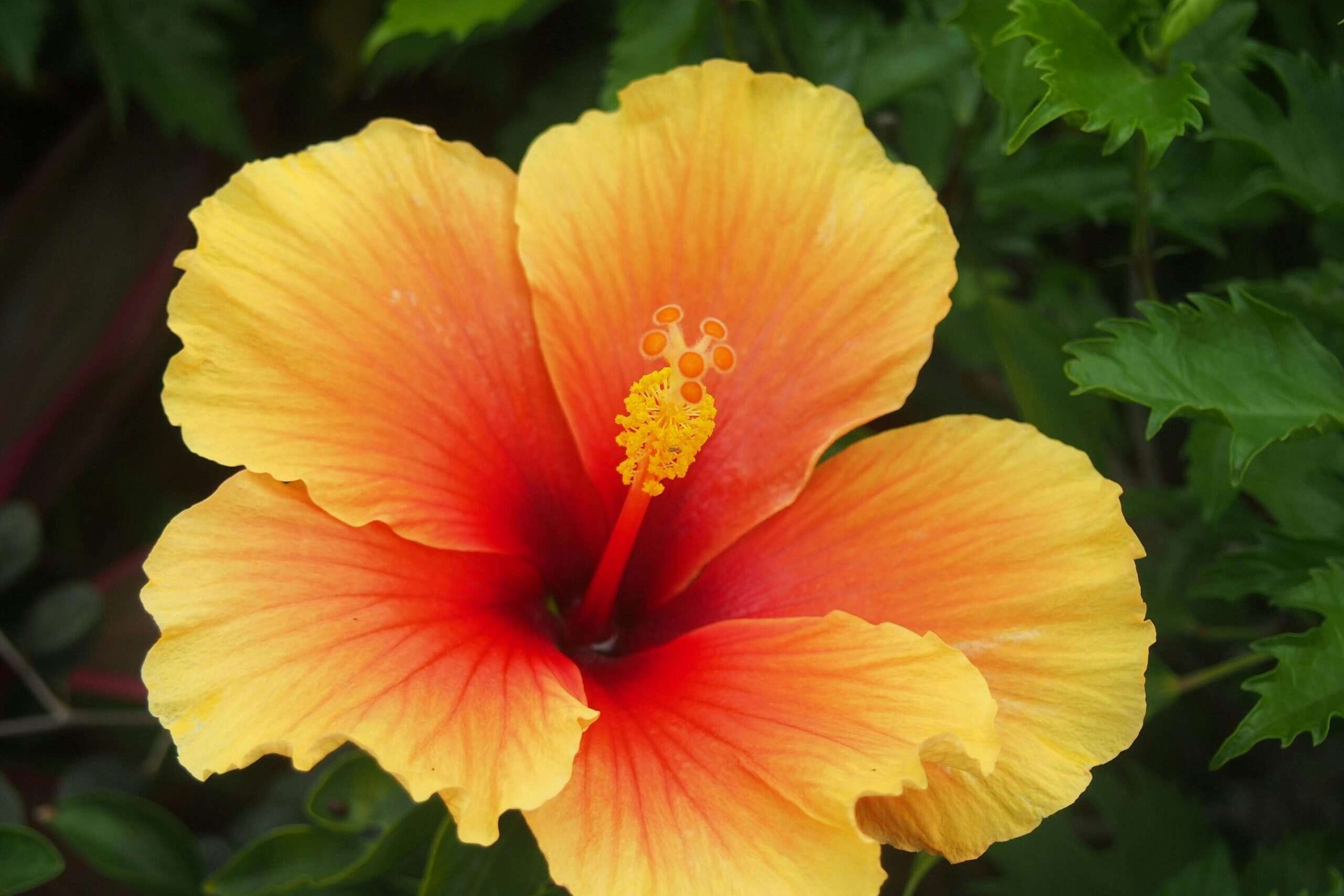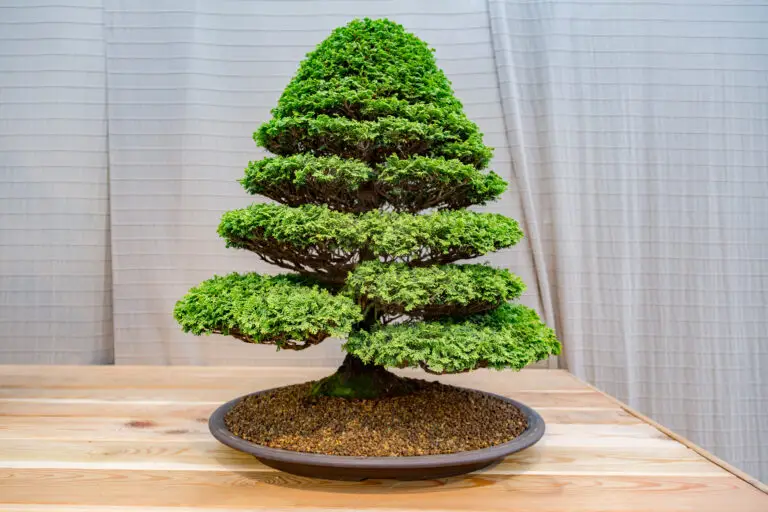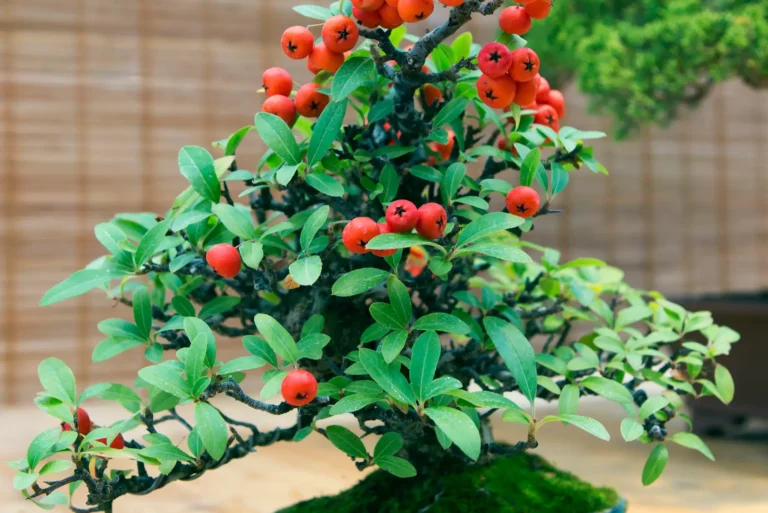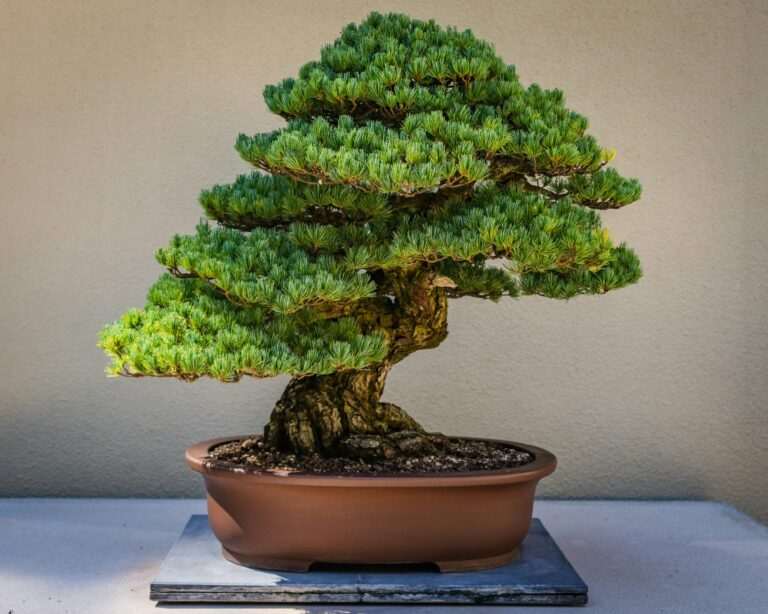Mastering the Hibiscus Bonsai

Hibiscus Bonsai Tree Care by Master Mori
Ah… the hibiscus bonsai tree. A flower as bold as the setting sun, as untamed as a summer breeze. In this beginners bonsai tree guide we will learn that she is not a plant for the hurried hand or impatient eye. No, young gardener. She requires rhythm, respect, and a bit of poetry in your soul.
But for those who persevere, the hibiscus bonsai tree offers an unmatched reward, a bonsai that blooms in a symphony of colours, radiating tropical warmth and spirit. In this guide, we shall walk the winding path together, learning the sacred techniques of hibiscus bonsai tree care for beginners.
Sunlight: The First Secret
The hibiscus bonsai thrives in sunlight. It requires at least 6 hours of direct sun each day to flourish and bloom. Without proper light, it may grow leggy and withhold its flowers.
If grown indoors, place near a south-facing window or supplement with grow lights.
Watering Hibiscus: A Delicate Balance
The hibiscus enjoys moisture but detests soggy feet. Water generously when the topsoil feels dry. In hot climates, this may mean daily watering. In cooler seasons, reduce frequency but never let the soil dry out completely.
Use a moisture meter or test with your finger up to the second knuckle.
Pruning: The Art of Shaping Hibiscus Beauty
This is where the tree meets the soul. Pruning a hibiscus bonsai encourages structure, balance, and flowering.
Follow these pruning rules:
Remove leggy or weak shoots
Cut back branches after flowering to shape the canopy
Prune in early spring before buds appear
Avoid cutting flower buds during blooming season
Use clean, sharp tools to prevent damage
Soil & Repotting Hibiscus Bonsai
The hibiscus bonsai prefers well-draining soil with slightly acidic pH. Repot every 1–2 years in early spring. Use a bonsai mix made for tropical species or make your own with akadama, lava rock, and organic matter.
Fertilizing: Feed the Flame
To support its flowering nature, the hibiscus bonsai requires regular feeding.
Apply a balanced fertilizer during growing season (spring to early autumn)
For flowering, use a phosphorus-rich formula once a month
Reduce feeding in winter when growth slows
Temperature & Humidity
Keep hibiscus bonsai in temperatures above 10°C (50°F). They dislike cold drafts and will drop leaves if chilled.
Humidity should be moderate to high. Use a humidity tray or mist the leaves to mimic tropical conditions, especially indoors.
Pests & Disease
Common intruders include:
Aphids
Spider mites
Whiteflies
Combat them with neem oil sprays or insecticidal soap. Keep the bonsai clean and inspect regularly for signs of infestation.
Flowering: Unlocking the Hibiscus Bonsai Bloom
To make your hibiscus bonsai bloom:
Ensure full sunlight
Prune after blooming
Feed phosphorus monthly
Avoid overwatering
Blooms last only a few days, but a healthy tree will produce flowers continuously from spring to fall.
Final Thoughts from Master Mori
“The hibiscus is a fiery spirit. She will not yield to force, only to grace. Be patient, be consistent, and let her wild nature teach you gentleness.”
Tend her well, and one day, your hibiscus bonsai will greet the sun with flowers worthy of a summer poem.
🌺 Hibiscus Bonsai FAQ
Q: Can hibiscus bonsai grow indoors?
A: Yes, but they need bright, direct light—ideally from a south-facing window or strong grow light.
Q: How often should I water my hibiscus bonsai?
A: Water daily during warm months or when the topsoil feels dry. Reduce frequency in cooler seasons but don’t let it dry out completely.
Q: Why isn’t my hibiscus bonsai tree flowering?
A: It may need more sunlight, pruning after blooms, or a phosphorus-rich fertilizer.
Q: When should I prune my hibiscus bonsai?
A: Prune in early spring before new buds form, and lightly trim after each blooming cycle.
Q: How do I protect my hibiscus bonsai in winter?
A: Keep it in temperatures above 10°C (50°F) and away from cold drafts. Indoor humidity can help keep it healthy.
Related Topics
Hibiscus bonsai care
How to grow hibiscus bonsai
Hibiscus bonsai pruning techniques
Hibiscus bonsai watering schedule
Best soil for hibiscus bonsai
How to make hibiscus bonsai bloom
Hibiscus bonsai fertilizer
Indoor hibiscus bonsai light requirements
Repotting hibiscus bonsai
Pests on hibiscus bonsai




